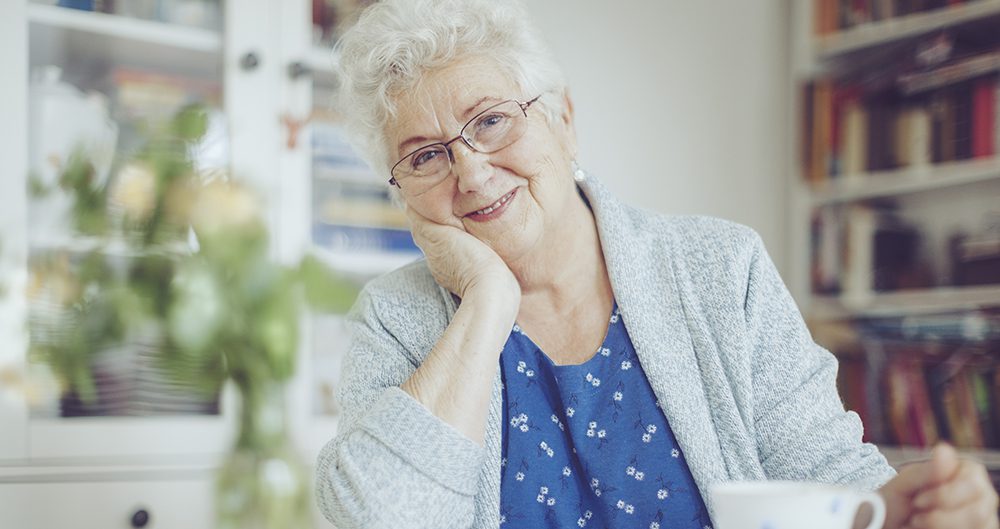Political, social, and technological debates span a multitude of issues. At the forefront is the question of privacy. Who owns your data? Who can see your shopping behaviors? Should your employer monitor your activities on social media?
While these are issues for our government to solve, at The Maplewood, we are deeply invested in the issue of privacy as it relates to our residents and their families.
There are three key areas in which we think about the privacy of our residents: safety, dignity, and fulfillment. Here’s what each one of those means to us.
First, is how important privacy is to the safety of our residents. The most obvious application of this is medical information security. We’re all familiar with HIPAA, or the Health Insurance Portability and Accountability Act of 1996, which provides data privacy and security provisions for safeguarding medical information.
Like most healthcare facilities, we take the protection and security of our residents’ medical and personal information seriously. We’ve implemented state-of-the art systems and procedures to ensure this information is secure.
Data privacy is important, and HIPAA is mandated so every care provider must comply. In essence, the protection and security of medical and personal information is required of every nursing home so while it is critical, it is really only noteworthy in its absence.
The next aspect of privacy that we focus on at The Maplewood is how privacy affects the dignity of our residents. This is especially important with the delivery of care. For young and old alike, medical care is deeply personal. We are often in a vulnerable state when we receive clinical care. Whether we’re getting our annual physical or having an important discussion with our doctor, medical care needs to be delivered in a private and safe environment.
Caring for the elderly should be no different. The Maplewood is specially designed to afford the kind of privacy that everyone expects when receiving medical care. In addition, our staff is specifically trained to protect each resident’s privacy.
Most of us probably take privacy for granted when engaging in typical activities like bathing, grooming, dining, and interacting with our health care professionals. We can do that because we still enjoy our autonomy and agency. For long term care residents, this is not so straight forward. That is why, whether we’re bathing a resident in the spa, taking a dinner order in one of our five restaurants, styling hair in the salon, or providing clinical care, we always ensure the appropriate level of privacy is provided.
Lastly, and probably the one aspect of privacy that’s overlooked in most nursing homes, is how privacy can lead to fulfillment. The Maplewood accomplishes this through private living. If you think about it, all of us enjoy a measure of private living throughout our lives. Sure, maybe you had to share a bedroom with a sibling, but for the majority of your life, your home has been your sanctuary.
Imagine how hard it must be to go from decades of independence, living in your own home, to then be placed in a home where you must share your bedroom with a stranger. You have no refuge, no place that’s truly yours. Your family must visit with a stranger in the room or in a public place where it’s not as easy to discuss private matters or have meaningful conversations.
We don’t think this is acceptable, so we converted our entire facility to private rooms – in 1999! It was no small task, as we have more than doubled our square footage while offering the same number of beds. To this day, there is not another nursing home in Rochester that is fully private.
In addition to being fully private for over 20 years, we recently remodeled, expanding the size of all our rooms so that our residents can enjoy a more gracious lifestyle that includes amble space for visitors, private bathrooms and more.
Privacy is certainly important to all of us. Protecting the privacy of the elderly is even more so, as they can’t always do it for themselves. At The Maplewood, we take the privacy of our residents seriously, implementing HIPAA, delivering care with respect and privacy, and investing in private rooms. The result is safe residents who live with dignity and fulfillment.



